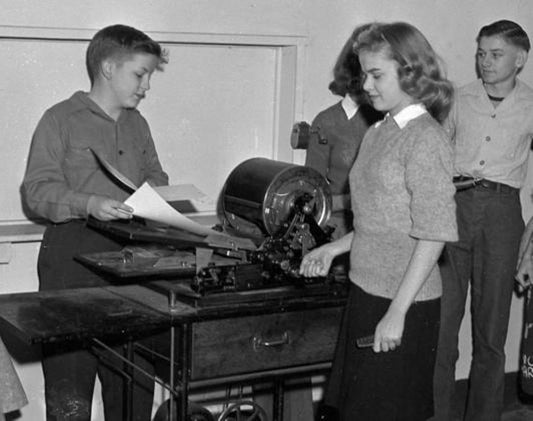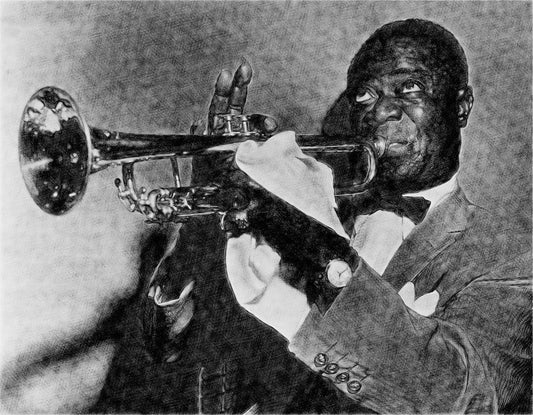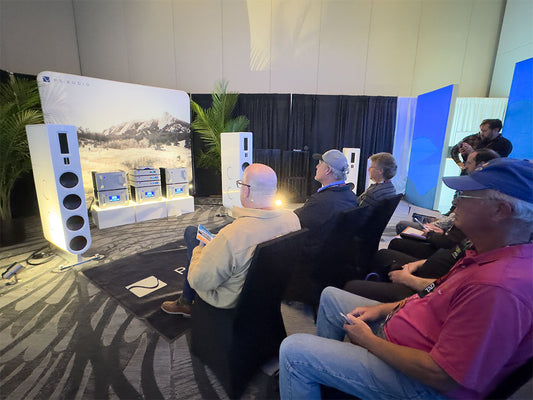When somebody poses an idea that doesn't make sense, my first reaction is to reject it as wrong. Over the years, I have been working hard to ignore that first impulse, take a breath, and try and discover what our differences are.
Just because it doesn't make sense to me doesn't mean it's wrong. It is simply a challenge to my worldview.
The practice of taking enough time to investigate the differences in people's thought processes and conclusions has proven to be quite valuable. The last example that comes to mind is when PS Audio speaker designer Chris Brunhaver and analog engineer Darren Myers both teamed up on me to announce servo woofers could be bested by the removal of the servo.
Heresy!
I had been a fan of servo controlling woofers for decades. You can imagine my initial reaction to their radically different idea. But, I took a deep breath and heard them out.
Turns out the woofers we had been used to using weren't optimized for anything other than their intended purpose, servo control. There's no need investing money in exotic magnets, spiders, and Faraday rings when the servo handles all that for you. Only…and here's where the learning comes in…that improved performance wrought by the servo comes at a price (as does everything in engineering). Active feedback systems depend on errors occurring and then catching up to those errors to fix them by using the power amplifier's grunt.
By not making the errors in the first place the sound is stunningly better. And, of course, there too is a cost for this method: increased expense. It's a LOT more expensive to build a low distortion, high excursion woofer in the first place (by a factor of nearly 10X).
It's helpful to sometimes give what doesn't make sense a chance to fill in the knowledge gaps.
It's often how we grow.









